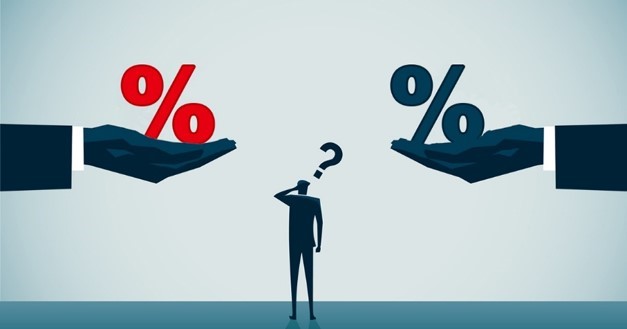Check This Off Your List
Everyone knows someone it has happened to or has heard a tragic story. It could have been a fire, a flood, a burglary or some other disaster but to file a claim on their insurance, they need the receipts or a list for what is being claimed.

Since you're at home anyway and may even have kids at home who need something to do, now is a great time to get a current home inventory done. One of the easiest ways to accomplish this seemingly, daunting task is to put together a collection of pictures of every room in your home.
The more valuable, the more important it is to take a close-up picture. It will be necessary to open the drawers and closets and, in some cases, to pull things out in order to show everything in the picture. That's why having someone to help you makes it faster and easier.
Not to get distracted from the job at hand, you may discover things that you had forgotten you had which is why you should do an inventory rather than trying to reconstruct it after the loss. In some cases, it may be years after you've filed a claim when you remember you forgot some things.
Having photos or videos of the different rooms in your house combined with a list of the items can serve as the proof you need for your claim.
There are other benefits to doing a home inventory also. You'll know the "right" amount of insurance to have on your personal belongings by assigning replacement costs to them. It will simplify filing a claim if you ever need to.
To organize your photos and even provide a detailed list of higher value items, you can download a Home Inventory in an interactive PDF that you can complete. You can put it together on your computer and store it online to make it available if the computer is stolen or damaged.







 Home improvement loans provide a source of funds for owners to finance the improvements they want to make. These are usually, personal installment loans that are not collateralized by the home itself. Since there is more risk for the lender with this type of loan, the interest rate is higher than a normal mortgage loan.
Home improvement loans provide a source of funds for owners to finance the improvements they want to make. These are usually, personal installment loans that are not collateralized by the home itself. Since there is more risk for the lender with this type of loan, the interest rate is higher than a normal mortgage loan.




